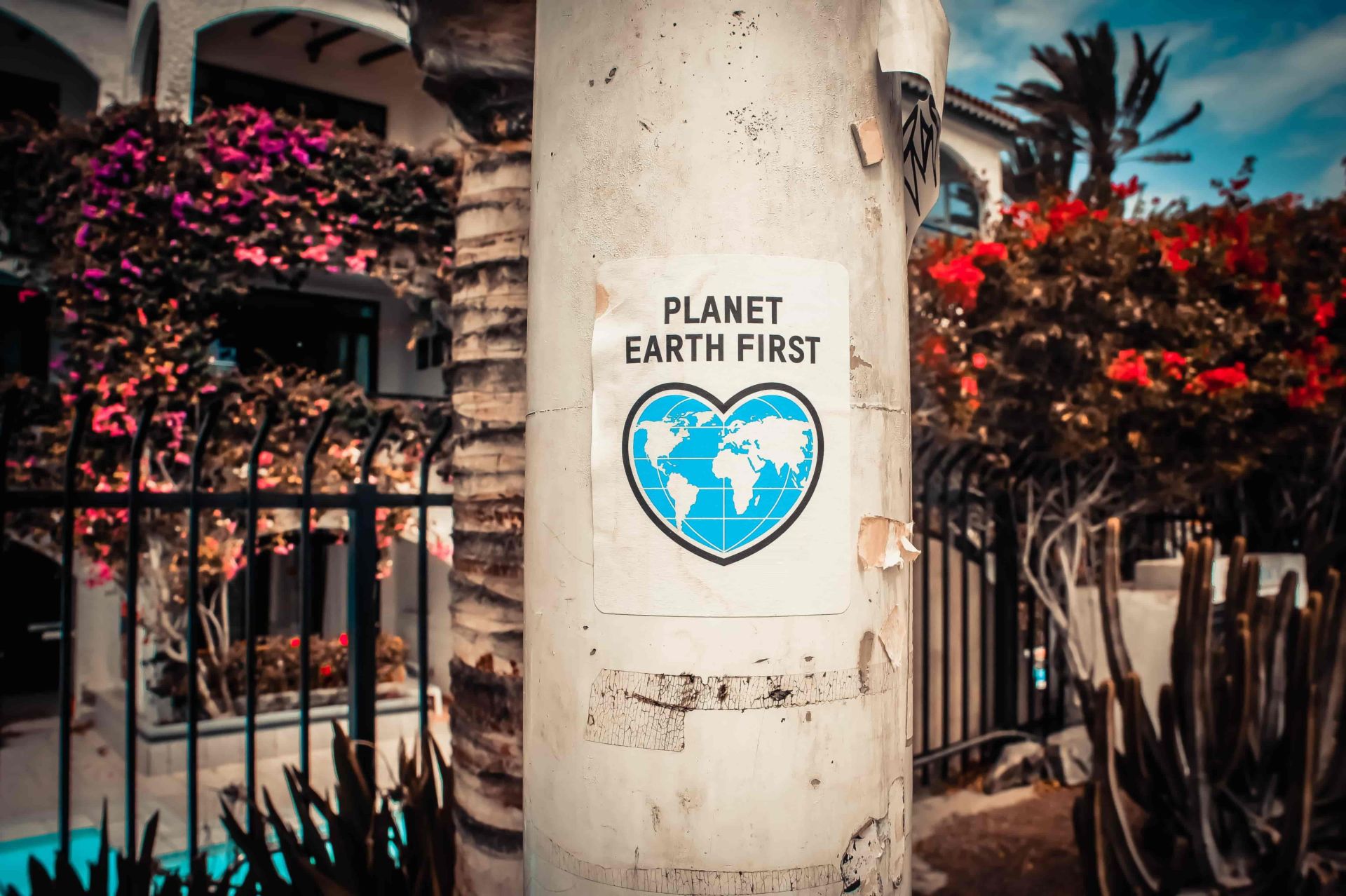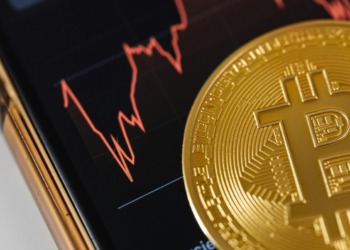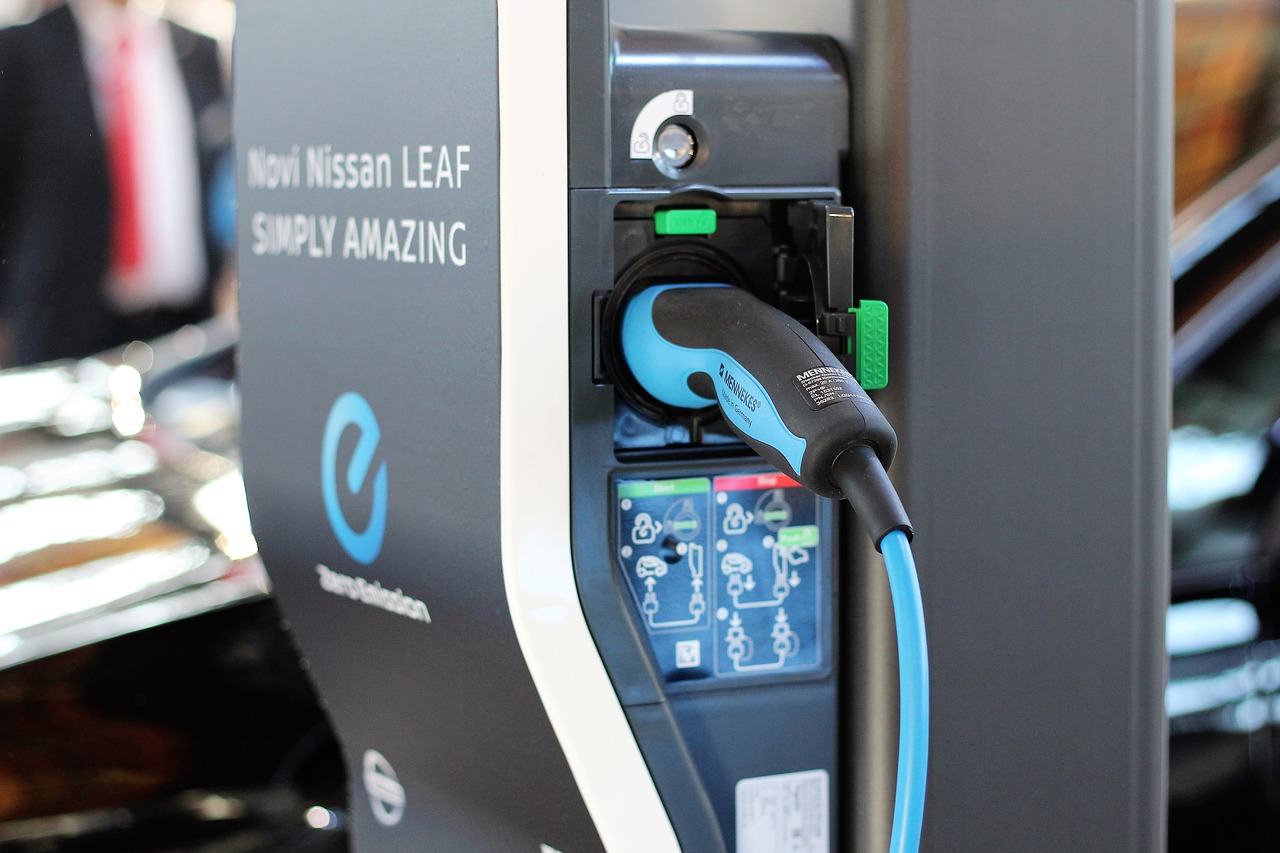In contrast to American climate deniers, Europeans generally believe in the science of climate change and worry about threats to the environment. In the fight to save our planet, the European Commission has been at the forefront for a long time. At the core of the EU’s environmental activism, you find the Environment Directorate-General, a.k.a. ‘DG Environment’ set up in 1973 with the objective to “protect, preserve and improve Europe’s environment for present and future generations”.
Today, the EU is strongly committed to the 2015 Paris Agreement on Climate, the Sustainable Development Goals, and the circular economy. The EU has mainstreamed spending of at least 25% of its budget on climate action across all EU programmes. In particular, investment in research and innovation has become focused on environmental issues: while Horizon 2020 is a major effort to grow Europe’s competitiveness, with nearly €80 billion of funding made available over 7 years (2014 to 2020), it has also promoted sustainability and environmental responsibility
In the next round of long-term budgeting (2021-2027), the focus on building a sustainable future is firmly maintained and the EU Commission is proposing an even more ambitious programme of €100 billion for research and innovation.
About EU Horizon Europe – the next EU research and innovation programme (2021-2027)
To execute its mandate, DG Environment has many tools at its disposal: it proposes policies and legislation; it helps Member States comply with the legislation and investigates complaints made by EU citizens and non-governmental organisation; it represents the European Union in environmental matters in international forums, pushing for international policies to stop the ongoing loss of biodiversity, reduce waste and air and water pollution, and strengthen the ecosystem services that make life on Earth possible.
These are not mere words: The Commission has the power to take legal action if it seems that EU environment law has been infringed. Furthermore, European environment policy is guided by the European Environment Action Programme, now in its 7th phase ( 7th Environment Action Programme operational from 2014 to 2020).
European concern for the SDGs remains high. On 29 March 2019, the European Parliament called for more aid money and for its spending to be refocused on the SDGs as part of agreeing its position on the European Commission’s proposed 2021-2027 budget for overseas spending.
Recently, at The Economist Sustainability Summit 2019 held in London, I had the occasion to sit down with the EU Director-General for Environment, Daniel Calleja Crespo, who heads DG Environment since 2015. Mr. Calleja has an MBA and Law degree from the University of Madrid, graduating in 1982. He joined the European Commission Legal Service in 1986. Prior to heading DG Environment in 2015, he had led since 2011 the DG for industry (Internal Market, Industry, Entrepreneurship and SMEs a.k.a. DG GROW).
Q. You have worked for the European Commission a long time and acquired a broad experience, can you tell us how you became aware of the threats to our environment?
I have spent most of my career working for European institutions because I joined the European Commission when Spain joined the EU. So I am very much committed to the European project, I am a strong believer in European integration and deeply convinced it is the best way for countries in Europe to work together. The challenges we are facing, such as climate change, the environment, migration, are too large for any individual country to deal with.
In the Commission, I have worked in many different areas as a result of my legal and economic background, but the last years have been the most interesting. I realized that contrary to what many people think, competitiveness and sustainability are not opposed concepts. They are the two sides of the same coin.
No company can really survive if it does not have a sustainable business model.
You can speculate, you can go for the short term but you will not deliver. You will not be durable if you have not fully integrated sustainability into your business model and integrating sustainability is not an extra cost. Integrating sustainability is investing in the future and it is also something which will make you stronger and while at the same time delivering public goods and common goods for the planet.
I have come to this conclusion from many years of experience. I was in transports, I was in energy, in industry, but for me, this period dealing with environmental issues has been very enriching because it’s much more forward-looking in terms of the challenges that we are facing and the possibility that we have, as policymakers and regulators, to change things.
Q. You’ve been heading the DG Environment for four years, can you tell us what were the main challenges you encountered?
The three main challenges I encountered were: first, making the environment a tool for prosperity. Environmental “green growth” also means green jobs and the environment can be a very effective way of increasing competitiveness and prosperity.
Regarding the second challenge. Upon my arrival, we had the signature of the Treaty of Paris [the Climate Agreement] and the establishment of the sustainable development goals [UN 2030 agenda]. Some months later, we came out with our circular economy action plan.
That is our second big challenge: improving the quality of life of citizens. This has to do with water and air quality, with emissions, with chemicals. This is what water policy is all about, it is about facing pollution. It is about facing issues which are of concern to everyone and making Europe a better place to live with our policies.
Our third biggest challenge is implementation. In many cases, European law is not complied by the Member States. They do not always follow European directives, be it in water, be it waste, be it complaints linked to natural habitats, impact assessments which are not properly done or in some cases in the chemical or industrial sectors. Implementation is not limited to the EU level and the European Commission leads the EU and its 28 member states in international negotiations. That includes meetings of the Convention on Biological Diversity, the United Nations, G7, G20 and a lot of bilateral meetings with countries to support them. We also have lots of circular economy missions, be it in Africa, in Latin America or in Asia, with the objective of pushing circularity.
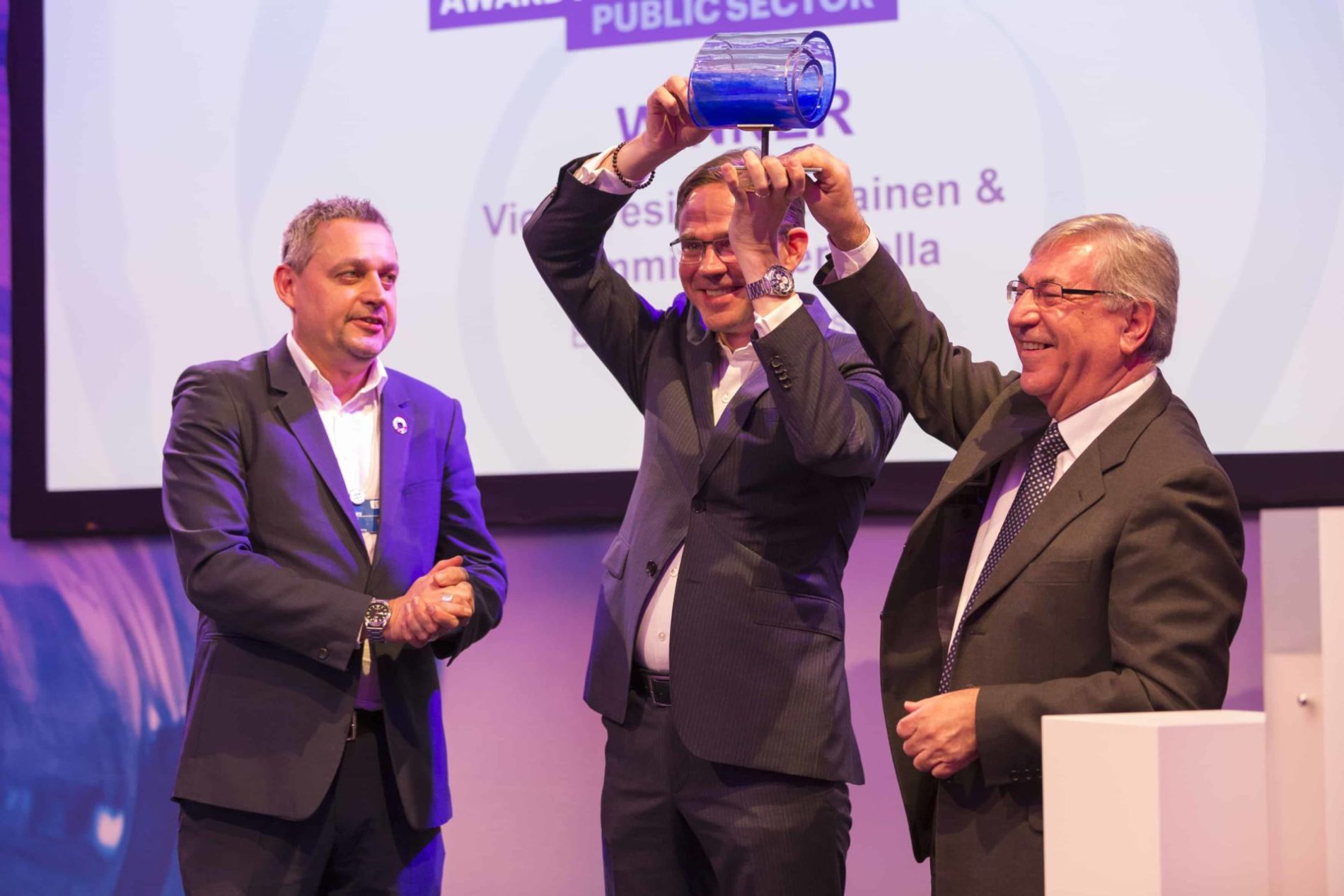
Q. In January at Davos, the EU Commission won the 2019 World Economic Forum Award for the Circular Economy in the Public Sector, quite an accomplishment: Was it the work of the DG Environment or did you start pushing this concept earlier still, when you were heading DG Enterprise and Industry?
It is important to note that this is not just a DG Environment accomplishment, we were part of a strong project team with other DGs, DG Energy, DG Transport, DG Agriculture. It is true that DG Environment and DG Enterprise, now DG GROW, were the main leaders due to our joint responsibilities in the areas of waste and plastics, and in particular, I think DG Environment played a special role.
We were very proud to receive this recognition but it is something that we would like to share with others because it was very much an EU Commission project led by First Vice President Timmermans, Vice President Katainen and Commissioners Vella and Commissioner Bienkowska. Also because it is a recognition that environmental policies are not incompatible with generating innovationand sustainable solutions. Working for the environment means working for the people. It means working for prosperity and it means working for the planet. The circular economy is a very good example of this.
Q. How did you work with the €80 billion Horizon 2020, the EU Research and Innovation programme? It clearly shows environmental sensitivity, most recently, for example, with events like its on-going Islands Renewable Prize competition. Was this the result of cooperation with DG Environment?
You cannot achieve the SDGs if you do not bring in knowledge-based solutions and this is where research development and innovation play a very important role. Sometimes we face challenges which seem impossible, and yet our creativity and the drive which businesses display bring a lot of solutions. We are seeing this every day in water, in waste, in transport, energy and agriculture. Europe has presently the best, the biggest innovation programme in the world, funded with 80 billion Euros. For the next financial cycle, 2021-2027, the Commission has proposed to increase it by 20% to 100 billion Euros.
The circular economy is a priority. We work on this very closely with the Director-General of Research and Development. The future programme will be articulated along with the SDGs, and the circular economy is a priority. Some of the areas where we are developing missions in include notable efforts to free the oceans from plastic, to address the issue of microplastics or to work towards sustainable solutions for water and air quality. Cooperation is proving very fruitful. We are very closely associated and provide policy advice to projects. We believe that this is an asset for Europe because European companies are innovative and lead in many of these areas.
Q. The Economist Sustainability Summit asked a fundamental question about which is the appropriate strategy to address climate change and achieve sustainability: Should we direct our efforts more to adaptation rather than mitigation? What is your take on this?
We need both. We must adapt to climate change, but we can only do so if the changes are not too dramatic. Sea walls will be useless if the sea levels rise to match. Diversifying crops does not help if there is desertification. Both climate adaptation and climate mitigation are essential. We need a holistic perspective because, if the solutions for mitigation come at the cost of destroying biodiversity, they will be counterproductive and will severely diminish our resilience to climate change.
For example, nature-based adaptation solutions can also help climate change mitigation by acting as carbon sinks. They can also help to avoid soil degradation and to act as a buffer against natural hazards in land and coastal areas. When you rely on nature, when you invest in nature, nature always responds. Nature-based solutions can achieve environmental, social as well as economic benefits and as a consequence, they can help build up our resilience. They are win-win solutions.
Q. One last question. What is your take from the Economist Sustainability Summit, from hearing what other people are saying: Do you see something different, some hope that the world may not have yet passed the point of no return in terms of climate change?
I found it very stimulating this year. I think to get together and discuss what are the challenges is the only way forward. The ability to get together to discuss solutions to economic, social environmental issues is essential. It is true that the challenges we are facing are huge. It is true that we have little time left to act. But there is increasing awareness of the problems. This is the beginning of the way forward to find solutions, solutions, and success for the circular economy, for the SDGs, for climate change policies. If they are effectively implemented, we can really change things. There is a large degree of consensus among policymakers, academia, citizens, the business community and social partners. Building on this consensus, working with the cities, working with the business sector, but also bringing in regulation and innovation. We can actually change things for the better, but we need to act now.
Daniel Calleja has a very broad experience in the Commission has worked in many different areas since 1986.
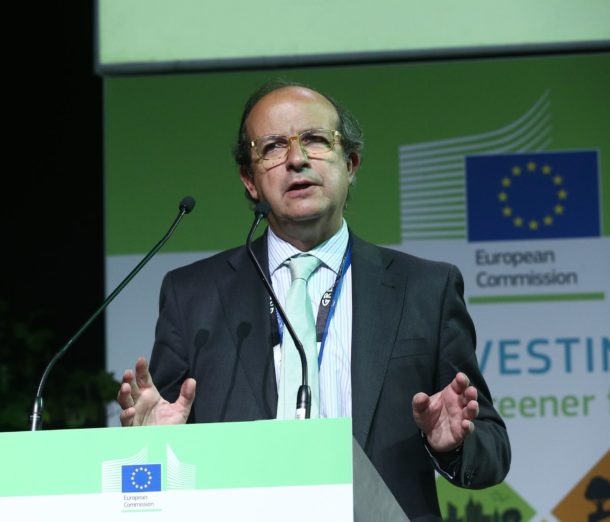
Before joining DG ENV on 1st September 2015, Mr. Calleja was Director General of DG Internal Market, Industry, Entrepreneurship and SMEs till 31st August 2015. Previously, from February 2011 to January 2012, he was the Deputy Director General of DG Enterprise and Industry, and Special Envoy for SMEs. Mr. Calleja was Director for Air Transport at the European Commission from November 2004 to February 2011, in charge of the single European aviation market, safety and security issues, and its external dimension. He has successfully negotiated, on behalf of the E.U., the EU-US Open Skies Agreement.
From 1993 to 2004 he worked in different positions in the cabinets of several Commissioners, including the President of the European Commission, advising on Transport and Competition matters, State Aids and the application of Community Law. Mr. Callejawas the Head of Cabinet for Commissioner Marcelino Oreja, responsible for institutional affairs, and for the Amsterdam Treaty negotiations. He was also the Head of Cabinet of the Vice-president of the European Commission, Mrs. Loyola de Palacio, in charge of Transport and Energy between 1999 and 2004. During her mandate, he contributed to the development of some key files like the maritime safety packages, the first EU Directive on renewables and the launch of the Galileo program.
He started his career in the Commission as Member of the Legal Service between 1986 and 1993, representing the institution in numerous cases before the European Court of Justice. His background is in Law and Business Administration.
In the Featured Photo: Maspalomas, Spain – Gem & Lauris RK@aplaceforcreation
[et_bloom_inline optin_id=optin_1]


